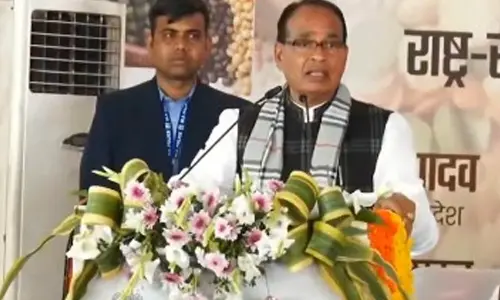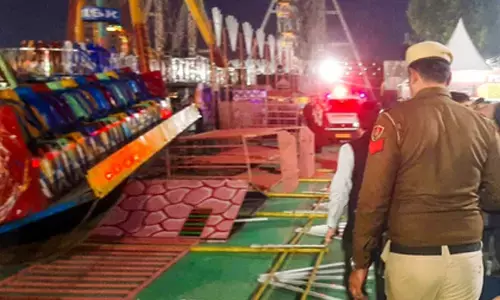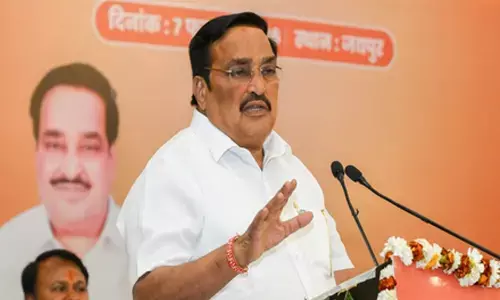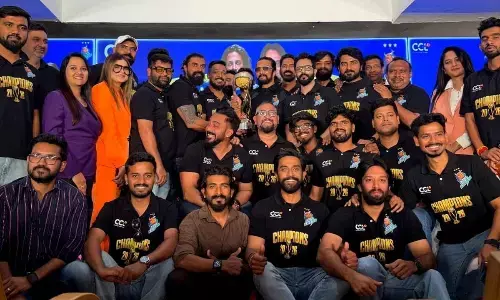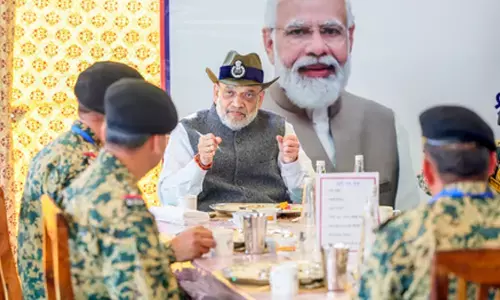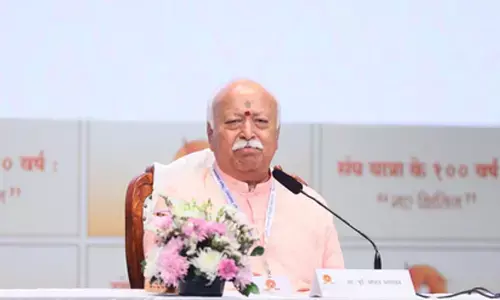Koregaon-Bhima case: SC asks Bombay HC to decide on Navlakha's plea in 8 weeks
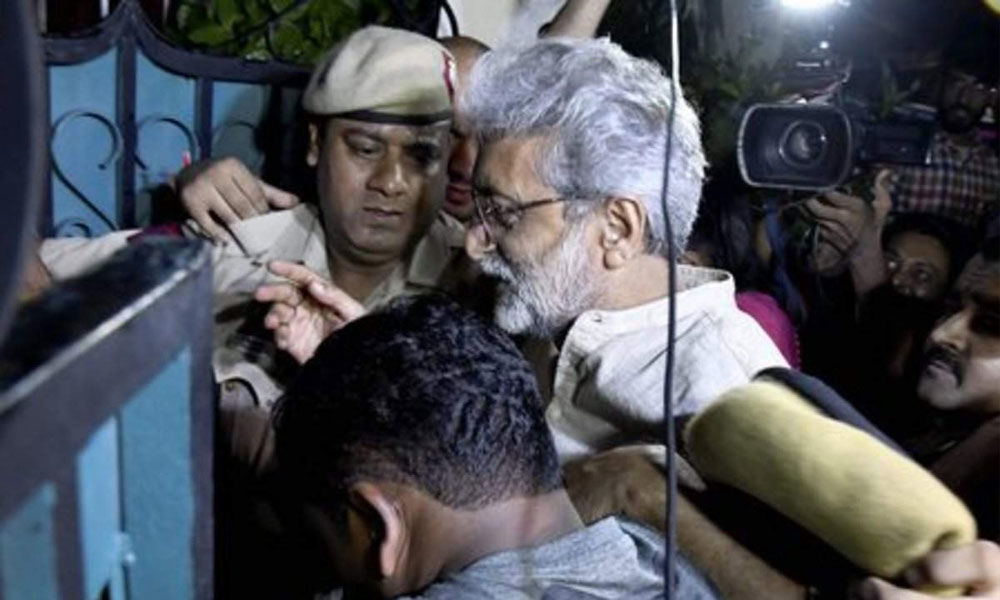
On October 1 last year, the Delhi High Court had allowed Navlakha to be freed from the house arrest.
The Supreme Court asked the Bombay High Court on March 12 to decide on a plea moved by civil liberties activist Gautam Navlakha, seeking to quash the FIR lodged against him in the 2017 Koregaon-Bhima case, within eight weeks.
The top court kept the two appeals of the Maharashtra government -- filed against the orders of the Delhi High Court and the Bombay High Court respectively -- pending.
A bench of Chief Justice Ranjan Gogoi and justices Deepak Gupta and Sanjiv Khanna said the Bombay High Court would decide on Navlakha's pending plea expeditiously, preferably within eight weeks.
Appearing for the Maharashtra government, advocate Nishant R Katneshwarkar said the Delhi High Court had on October 1, 2018 quashed Navlakha's transit remand order in a habeas corpus petition filed by the activist.
He said the habeas corpus petition was not maintainable in the high court, when a person was in lawful custody pursuant to the orders of the court.
Katneshwarkar further contended that even the transit remand order could not be set aside by the high court in the absence of any express prayer for that in the petition.
"The high court went ahead and set aside the transit remand order of the magistrate without even asking the petitioner (Navlakha) to amend the prayers in the writ petition," he said.
The standing counsel of the Maharashtra government argued that the high court had erred in setting aside the magistrate's transit remand order on the ground that the case diary was not produced before it.
"Due to the order of production of case diary, the Maharashtra police was facing problems in conducting the investigation and making arrests across the country as it is not possible for the investigating officer to be present at every place," he said.
The bench agreed with the contention on production of case diary and asked the state government's counsel about the status of Navlakha's petition in the Bombay High Court for quashing of the FIR in the case.
Katneshwarkar said it was pending before the high court and therefore, they had filed the second appeal seeking direction for expeditious disposal of the petition.
The bench said it was keeping both the appeals of the state government pending and requesting the Bombay High Court to expeditiously decide on Navlakha's petition, preferably within eight weeks.
The Maharashtra police had arrested five activists, including Navlakha, on August 28 last year in connection with an FIR lodged following a conclave -- the "Elgar Parishad" -- held on December 31, 2017 that had allegedly triggered violence in Koregaon-Bhima village, near Pune, the next day.
Besides Navlakha, four others -- Varavara Rao, Arun Ferreira, Vernon Gonsalves and Sudha Bharadwaj -- were put under house arrest on August 29 last year, following an apex court order on a plea moved by historian Romila Thapar, economists Prabhat Patnaik and Devaki Jain, sociology professor Satish Deshpande and human rights lawyer Maja Daruwala against the police action.
Prominent Telugu poet Rao was arrested from Hyderabad, while activists Gonsalves and Ferreira were nabbed from Mumbai, trade union activist Bharadwaj was arrested from Faridabad in Haryana and Navlakha was held from Delhi.
The high court had also quashed the trial court's transit remand order, which Navlakha had challenged before the matter was taken to the apex court.
It had set aside the August 28, 2018 order of the chief metropolitan magistrate granting transit remand of Navlakha, saying there was non-compliance of basic provisions of the Constitution and the CrPC, which were mandatory in nature.








